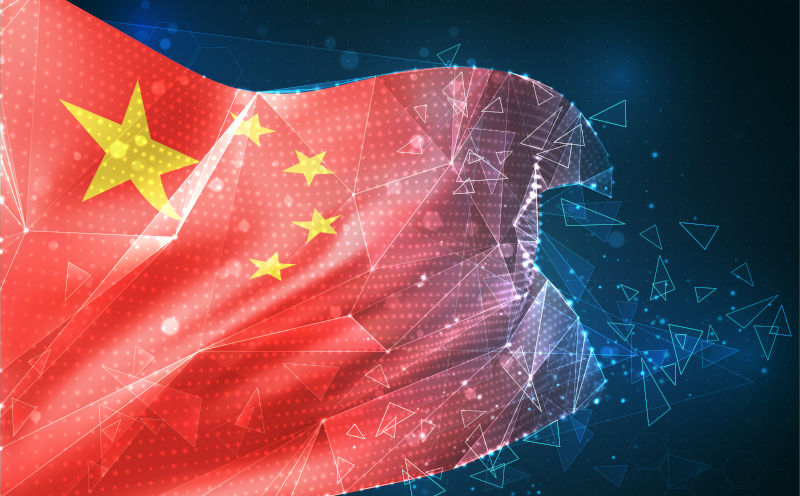Paul Keating, Confucius and the CCP understanding China
June 13, 2023
Misunderstanding China has a long and distinguished history. Much of that misunderstanding has been generated by western media going right back to the Qing dynasty.
The Australian Times correspondent of the era George Ernest Morrison was unable to speak Chinese and so depended on Sir Edmund Backhouse as a source of primary information. Sir Edmund was undoubtedly an outstanding linguist but also a highly accomplished liar and forger who claimed in his pornographic memoirs Dcadence Mandchoue to have had an affair with the Dowager Empress Cixi. Some of the myths that they jointly perpetuated still influence our views on China.
At the end of the Qing Dynasty though China was in decline and so perhaps the misreading of Chinese society, politics and culture had less ramifications for the west. As China continues to grow in power and influence there has been some focus on our level of understanding or misunderstanding of Australias biggest trade partner and most powerful neighbour. It is of course a vast subject but former Prime Minister Paul Keating opened up a potential opportunity to a better understanding of the intersection of Chinese Culture and Politics when he spoke at the National Press Club in November 2021.
When asked about the legitimacy of and support for the CCP in China Mr Keating stated that he felt that Confucianism with its emphasis on authority and stability provided a philosophical basis for the partys rule in China. This is a notion worth exploring if we are to attempt to come to some sort of understanding of the influences that have shaped Chinese governance and will continue to do so into the future.
The expression (literally ruler ruler, minister minister, father father, son son) is a good place to begin as it represents an example of what can be understood about Confucian philosophy but also what is commonly misunderstood.
A common translation runs along the lines of The Ruler is the Ruler, the Minister is the Minister, the Father is the Father, the Son is the Son. Often this is interpreted as an endorsement of a rigid hierarchical society where citizens have little opportunity to question their superiors or move between social strata. This however fails to take into account key concepts of Confucianism and how they should be applied to this statement.
One of the key concepts that underpins all of Confucian thought is Reciprocity. This notion exists in most of the worlds great schools of thought including the Christian edict to do to others as you would have them do to you. Confucianism though takes it further as it sees reciprocity of behaviour as being one of the means by which we build better people. Not only that we should treat others as we wish them to treat us but in doing so, we create positive upward cycles whereby one act of good is responded to with another and so on and so on.
This notion of reciprocity also applies to relations between different levels of society. The Mandate of Heaven or what we might call a social contract depends on each level of society performing its role in the reciprocal system. If the rulers do not behave in a manner befitting of rulers then the mandate of heaven, the contract that grants them authority, will be removed. If they do behave as good rulers should then their subjects will correspond by affording them respect and obeying their orders. This system has its base in family relations if the father behaves as a good father should the son will respect and obey him. This is then a form of natural law, and in fact much of Confucian thought extends from observations of nature. And thus does describe a hierarchical society but not one that is merely sustained by the power of those higher up in the order but by reciprocal responsibilities that operate between different levels of society.
Like all systems of philosophy Confucianism is sometimes better in theory than in practice Confucius recognised this himself. One of my favourite commentaries on and human frailty is attributed to Confucius himself and runs thus:
I have not been able to serve my father as I demand of my son. I have not been able to serve my lord as I demand of my servant. I have not been able to serve my elder brother as I demand of my younger brother. I have not been able to do unto my friends as I would demand of them.
None of this is to say that the Confucian value system is a superior one, or that it is well applied in China now or even that Xi Jinping is an exponent of Confucianism. There are in fact arguments to be made that he has primarily drawn on Chinese legalism and the example of the first emperor to tackle corruption. What Mr Keating perhaps draws us to though is the idea that an understanding of our largest, most powerful neighbour must involve some understanding of the culture and philosophy that inform its people and government.
That understanding might help us to better prepare for any potential conflict with China but it may also help us avoid confrontation. Perhaps we even may reach the conclusion that a country that has dragged hundreds of millions of people out of poverty over the last 40 years and, according to some sources, now publishes more scientific research papers than the US is more than the creaking Stalinist state portrayed by the modern equivalents of Morrison and Backhouse.
